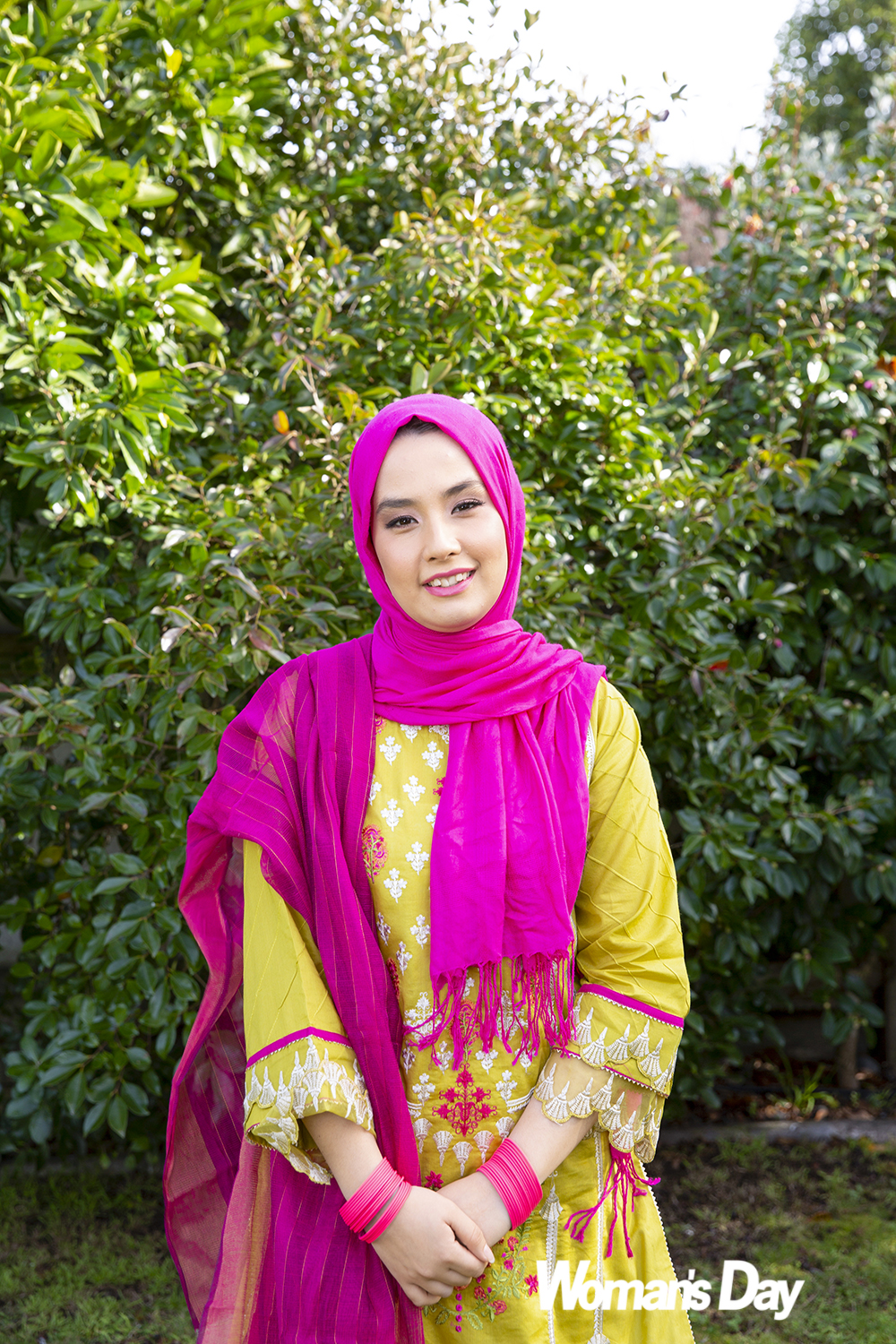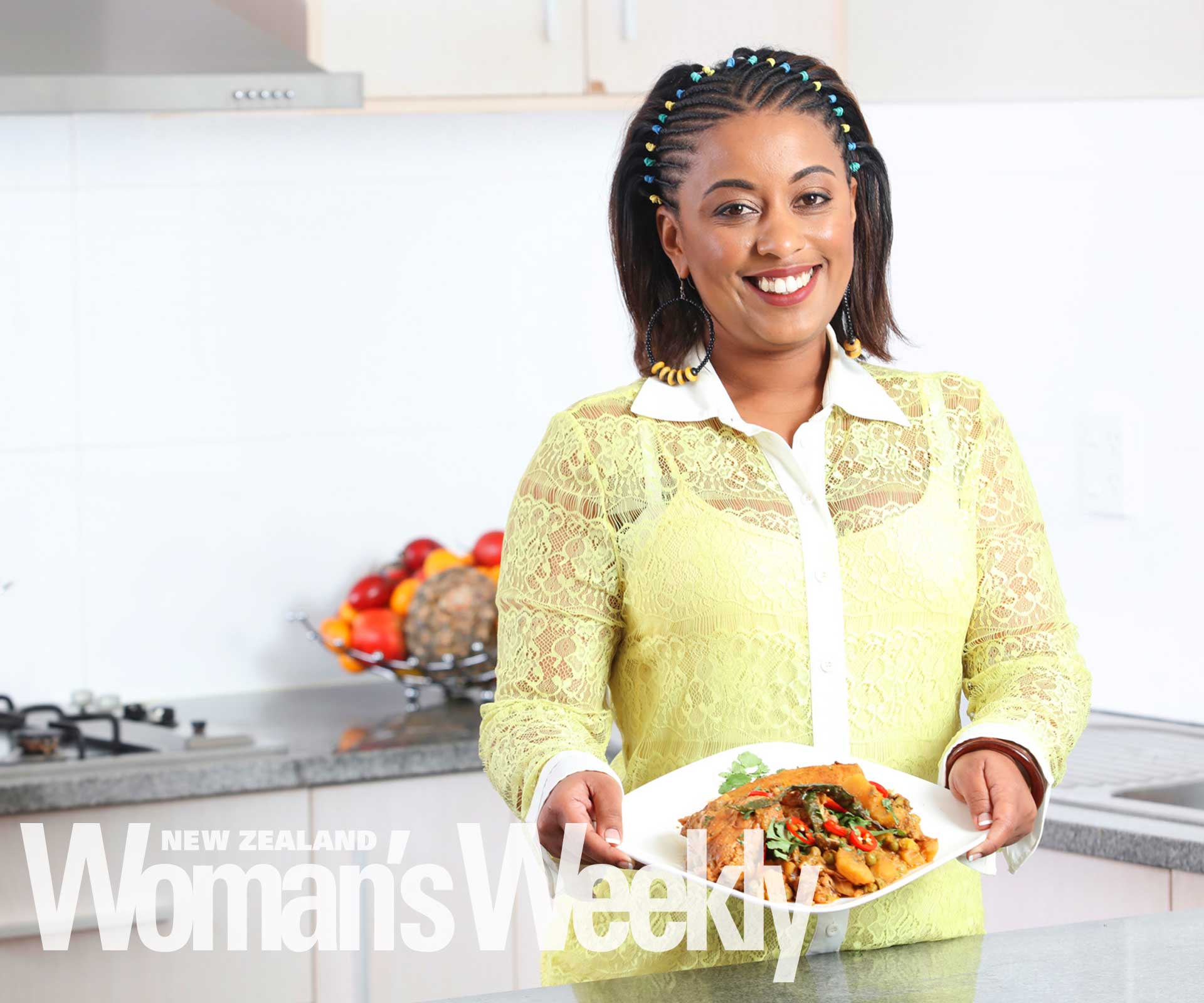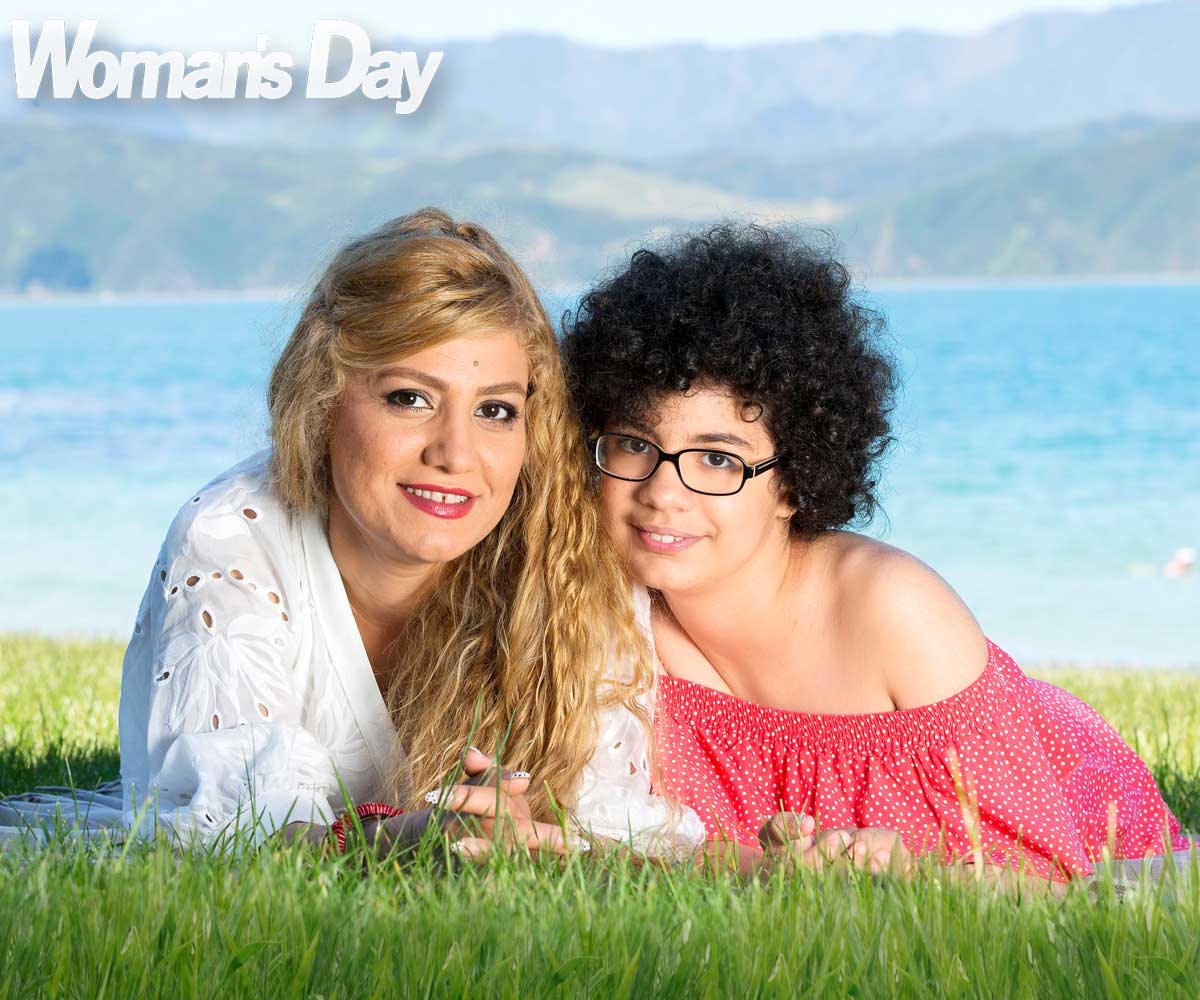I didn’t even know what a refugee was before I became one,” Madiha Ali Changezi admits, reflecting on the traumatic journey her family endured to escape persecution in Pakistan.
The 21-year-old student and activist was just 14 when she, her three siblings and their parents sold their home in Quetta to pay smugglers to help them seek safety, travelling across land and sea to reach Indonesia.
“When I think back to that night in the jungle, it was like a movie,” Madiha tells Woman’s Day. “All we could do was carry on. We were illegal, so if the police had seen us, we’d have been in trouble. I remember my young brothers being on the shoulders of the smugglers. At one point, the swamp water was so deep, it reached my shoulders.”
Extremism in Pakistan meant Madiha’s Shia Muslim family’s lives were constantly under threat. “Growing up, the violence became so normal,” she recalls. “I didn’t even know why it was happening. All I knew was that our people were being killed.”

Free at last! Madiha with her family (from left) Maliha, 23, Fazeel, 19, mother Fatima, father Liaquat and Farij, 17.
Now settled in Hamilton, the family of six have finally found peace after five difficult years displaced in Indonesia. Although they arrived in Aotearoa only two years ago, Madiha has busied herself with getting settled and her strong leadership skills have seen her recognised by the YWCA in 2021’s Y25 list, which honours inspiring young women.
The passionate student studies law and political science at the University of Waikato, alongside being on the National Migration Advisory Board of the Red Cross, a committee member for charity Seed Waikato and a part-time youth worker for women’s organisation Shama. Frequently, she’ll speak at events and share her story.
When we visit Madiha’s family home, her father Liaquat makes a pot of green tea, with a touch of saffron turning it a brilliant amber. He fills plates with dried fruits and nuts, and brims with excitement and gratitude for his new life in Hamilton.
“Every second of life, we were scared,” he remembers of his days in Quetta. “But for the past two years, there’s been greenery, peace, security, good people, good neighbours and loads of opportunities. We’re lucky we’re here. It feels like a dream. For us, this is heaven.”
In Indonesia, Liaquat and his wife Fatima’s children struggled without access to local education, so Liaquat started a school and Madiha became a teacher there. She reflects, “It feels really rewarding to know that I was able to do something for my community. It gave all of us a purpose and a reason to wake up every day. It gave hope to a lot of people.”

‘Peace isn’t something you should have to fight for’
After the turmoil the family has been through, Madiha wants to represent refugees who are still waiting to find their home country.
“Now I’m settled, I feel it’s my responsibility to use my voice and privileges to speak up for those who don’t have a voice. Just two years ago, I was on the other end, waiting patiently, with a lot of hope, but there were times I felt absolutely hopeless.”
These days, Madiha’s biggest wish is that Aotearoa will increase its refugee quota. Currently, we’re 95th in the world when it comes to the number of refugees we take on.
“Historically, New Zealand has been really slow at taking refugees per capita. There’s more than 80 million people who are forcibly displaced worldwide,” explains Madiha.
In Pakistan and then in the years in limbo afterwards, Madiha’s voice was never able to be heard like it is now.
“For five years, we were in survival mode,” she stresses. “But New Zealand has given me the space to grow and be myself, and given me the opportunity to thrive.”
As she adjusts to her new home, she admits it’s been a constant process to unpack her trauma. The painful memories of the violence and the years of being displaced can’t just go away. Her mother is still so wrought with anxiety, she fears being home alone. Madiha says, “When it takes a toll on parents’ mental health, it takes a toll on children as well.”
But despite everything, Madiha takes time for her passions, such as writing, reading and poetry. She’s even written a book and hopes to get it published one day. And although her own memories are difficult for us to imagine, she still keeps the dreams of strangers front of mind.
“Most refugees want something as basic as peace,” she says. “I find it really difficult to digest why people treat people differently. Peace isn’t something you should have to fight for.”
-scaled.jpg) Juliette Drysdale
Juliette Drysdale


